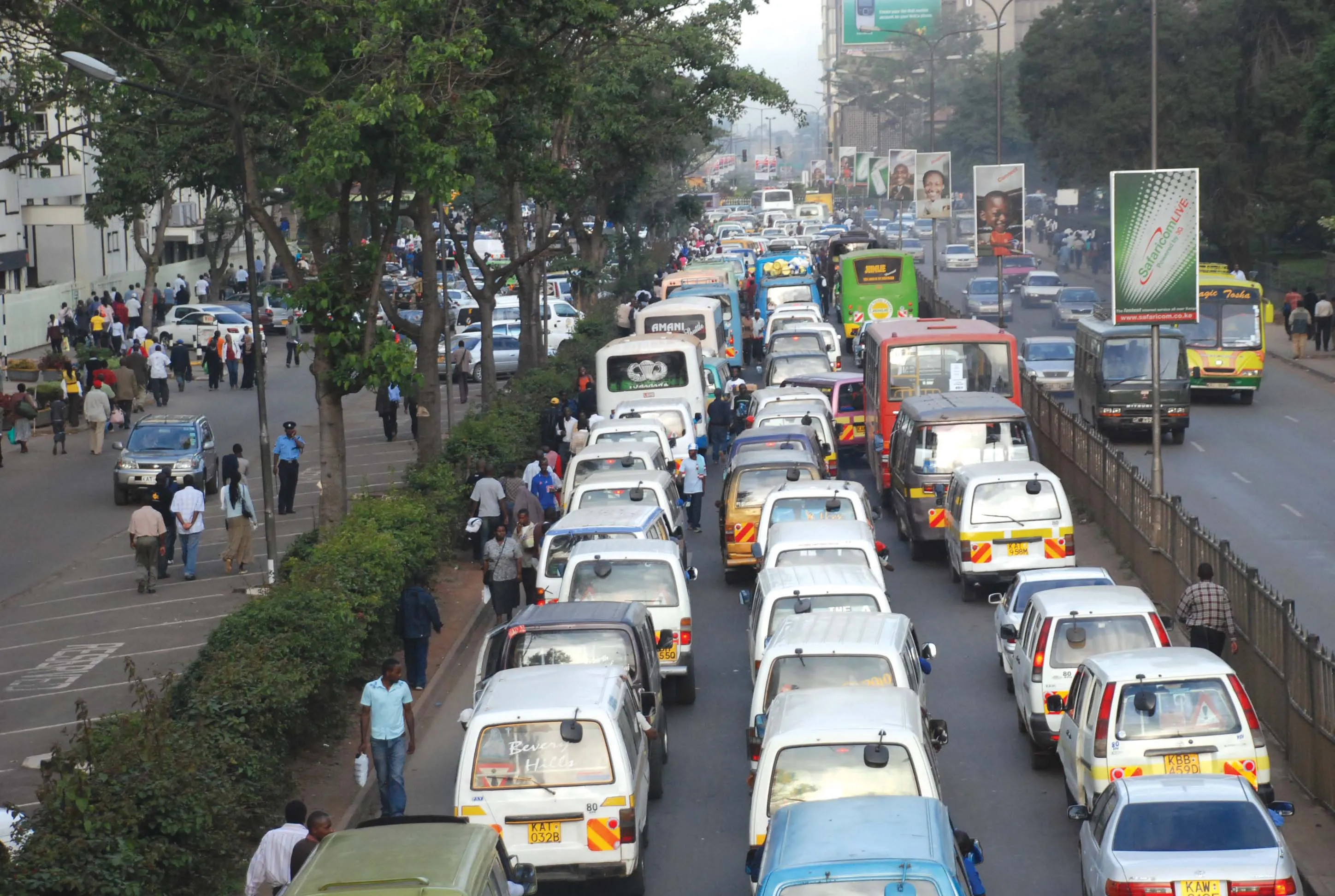Half of UK drivers in a recent survey admitted to breaking traffic laws and half of these drivers said they did it with intention.
Of the drivers who willingly broke the law, half acknowledged they did it because they believed there was little chance of getting caught, or they simply did not agree the law and saw no reason to obey.
Road safety charity Brake and vehicle insurance company Direct Line said the survey reveals a worrying attitude by many road users toward safety on highways.
Brake said that U
April 28, 2015
Read time: 3 mins
Half of UK drivers in a recent survey admitted to breaking traffic laws and half of these drivers said they did it with intention.
Of the drivers who willingly broke the law, half acknowledged they did it because they believed there was little chance of getting caught, or they simply did not agree the law and saw no reason to obey.
Road safety charity3963 Brake and vehicle insurance company 3962 Direct Line said the survey reveals a worrying attitude by many road users toward safety on highways.
Brake said that UK roads are becoming increasingly lawless. Police officers have reported that they have been forced to “retreat” from motorways, major and rural roads, said Brake. At the same time, road deaths and serious injuries recently increased by 4% after decades of reductions. This follows government casualty reduction targets being dropped in 2010, against the advice of road safety experts including Brake.
Brake is calling on any new government to reverse this trend and make traffic enforcement a national policing priority, alongside giving greater impetus to bringing casualties down and making streets safer.
The survey of 1,000 drivers, carried out by research company Surveygoo, also found UK drivers are more confident in the safety of their own driving than they were 10 years ago, with more than two thirds (69%) rating themselves as safer than most other drivers, up from half (50%) in 2005. Drivers judge each other more harshly than themselves, with the majority (58%) saying there are more dangerous drivers than safe drivers on UK road.
Young drivers (17-24) are most likely to rate their driving as safer than others, with three in five (58%) saying they are “much” safer. Given young drivers are proportionately involved in more crashes than older drivers, this suggests overconfidence is putting them at risk. Young drivers are more likely to rate the majority of other drivers as dangerous and to feel endangered by them, suggesting they may be more aware of bad habits that become habitual for experienced drivers.
When asked what unsafe driving behaviours they witnessed most, distraction (such as from mobile phones) (71%), tailgating (71%), speeding (67%) and risking overtaking (66%) topped the list of UK drivers’ concerns.
Julie Townsend, deputy chief executive, Brake, said law breaking on our roads “is not just down to a minority but is endemic”.
She said many rivers feel they are beyond the law or that traffic laws are somehow optional. “This represents a failure by government to ensure traffic policing is receiving adequate priority and to make clear the importance and legitimacy of traffic laws,” she said.
Rob Miles, director of motor at Direct Line, said drivers continue to flout the rules of the road without realising the devastating impact their actions can have. “Breaking the law can lead to a criminal conviction and being declined for car insurance, with even minor offences leading to fines and increased insurance premiums.”
Of the drivers who willingly broke the law, half acknowledged they did it because they believed there was little chance of getting caught, or they simply did not agree the law and saw no reason to obey.
Road safety charity
Brake said that UK roads are becoming increasingly lawless. Police officers have reported that they have been forced to “retreat” from motorways, major and rural roads, said Brake. At the same time, road deaths and serious injuries recently increased by 4% after decades of reductions. This follows government casualty reduction targets being dropped in 2010, against the advice of road safety experts including Brake.
Brake is calling on any new government to reverse this trend and make traffic enforcement a national policing priority, alongside giving greater impetus to bringing casualties down and making streets safer.
The survey of 1,000 drivers, carried out by research company Surveygoo, also found UK drivers are more confident in the safety of their own driving than they were 10 years ago, with more than two thirds (69%) rating themselves as safer than most other drivers, up from half (50%) in 2005. Drivers judge each other more harshly than themselves, with the majority (58%) saying there are more dangerous drivers than safe drivers on UK road.
Young drivers (17-24) are most likely to rate their driving as safer than others, with three in five (58%) saying they are “much” safer. Given young drivers are proportionately involved in more crashes than older drivers, this suggests overconfidence is putting them at risk. Young drivers are more likely to rate the majority of other drivers as dangerous and to feel endangered by them, suggesting they may be more aware of bad habits that become habitual for experienced drivers.
When asked what unsafe driving behaviours they witnessed most, distraction (such as from mobile phones) (71%), tailgating (71%), speeding (67%) and risking overtaking (66%) topped the list of UK drivers’ concerns.
Julie Townsend, deputy chief executive, Brake, said law breaking on our roads “is not just down to a minority but is endemic”.
She said many rivers feel they are beyond the law or that traffic laws are somehow optional. “This represents a failure by government to ensure traffic policing is receiving adequate priority and to make clear the importance and legitimacy of traffic laws,” she said.
Rob Miles, director of motor at Direct Line, said drivers continue to flout the rules of the road without realising the devastating impact their actions can have. “Breaking the law can lead to a criminal conviction and being declined for car insurance, with even minor offences leading to fines and increased insurance premiums.”







